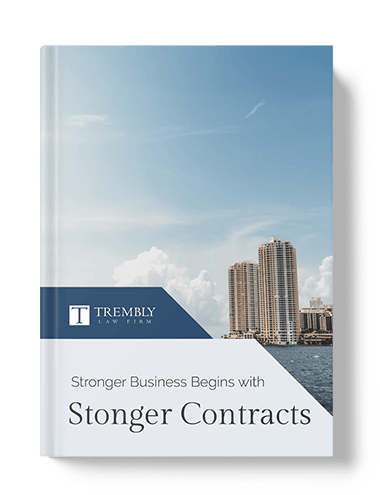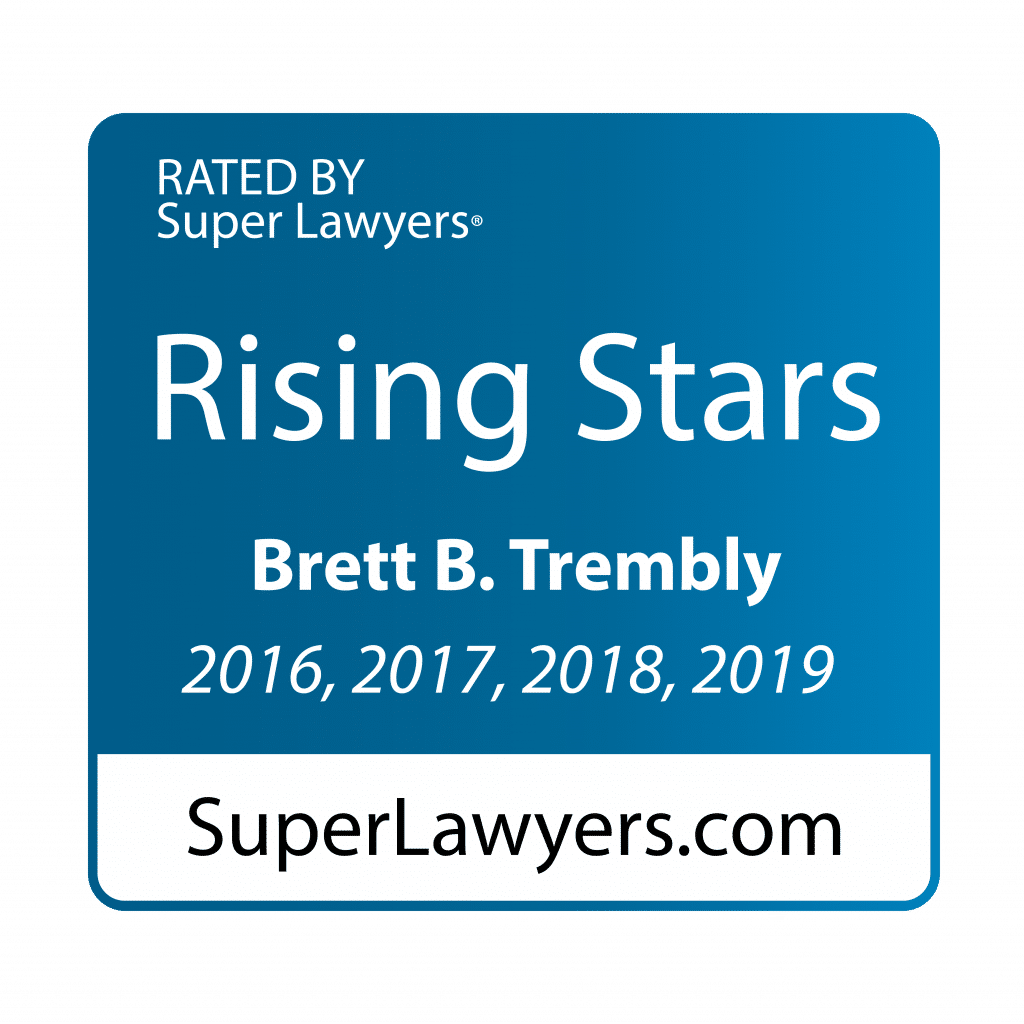Over the course of a partnership, many debts and costs accumulate. In many instances, a partner takes on these expenses on behalf of the partnership to ensure the business is running smoothly. However, it would be unjust to leave the partner solely on the hook for an expense accumulated on behalf of the partnership. That is why courts institute indemnification on the part of the partnership and other partners to compensate the partner who has taken on the expense. Therefore, it is important to understand when you could be on the hook for your partner’s actions.
Florida abides by the Revised Uniform Partnership Act. The Act provides a default option for indemnification in partnerships. In the absence of a contrary agreement, the partnership must indemnify, or compensate, a partner for payments made by a partner in the ordinary course of business. This is done to allow a partner to exercise his authority, and bind the partnership to acts in the ordinary course of business. The problem with indemnification payments is that they reduce the profits of the partnership. However, as long as the expense is truly in the best interests of the partnership, courts deem indemnification to be proper. A sole partner should not have to bear the burden of expenses of helping the partnership.
Indemnification becomes an issue during dissolution. In many instances, the partnership has insufficient funds to pay indemnification in dissolution. When this occurs, the remaining partners must contribute to make up for the shortfall with their loss shares. Therefore, the partner who undertook expenses on behalf of the partnership will ensure his losses are offset prior to the rest of the partners being able to keep profits. That is why a partner must realize that he is not off the hook for a partnership debt simply because another partner undertook it.
Another situation where indemnification becomes an issue is when outside creditors attempt to collect their debts. Outside creditors can collect entirely from the partnership or from any single partner. If one partner is asked to pay the debt, the remaining partners must then work it out among themselves as to who owes what. Again, even if one single partner took on the debt instead of the partnership as an entity, the remaining partners are not off the hook.
Indemnification is an important concept in a partnership. It is important to understand that although some partners may pay out debts or expenses from non-partnership funds, other partners remain on the hook. Partners must feel comfortable to pay out expenses to ensure smooth running of the partnership, and not have to worry about being reimbursed. If you are a partner and feel as though you have not been properly indemnified for expenses you undertook, it is time to consult a legal team to help recoup what is rightfully owed to you. Call the Trembly Law Firm at (305) 431-5678 to schedule your consultation.

















